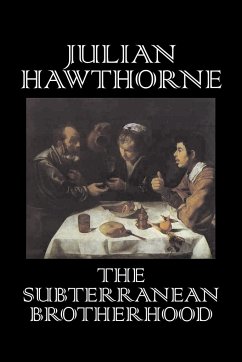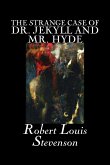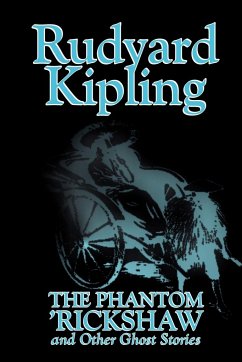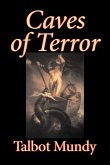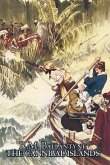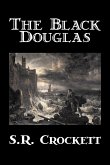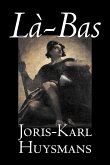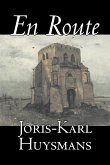These chapters were begun the day after I got back to New York from the Atlanta penitentiary, and went on from day to day to the end. I did not know, at the start, what the thing would be like at the finish, and I made small effort to make it look shapely and smooth; but the inward impulse in me to write it, somehow, was irresistible, in spite of the other impulse to go off somewhere and rest and forget it all. But I felt that if it were not done then it might never be done at all; and done it must be at any cost. I had promised my mates in prison that I would do it, and I was under no less an obligation, though an unspoken one, to give the public an opportunity to learn at first hand what prison life is, and means. -- Julian Hawthorne

